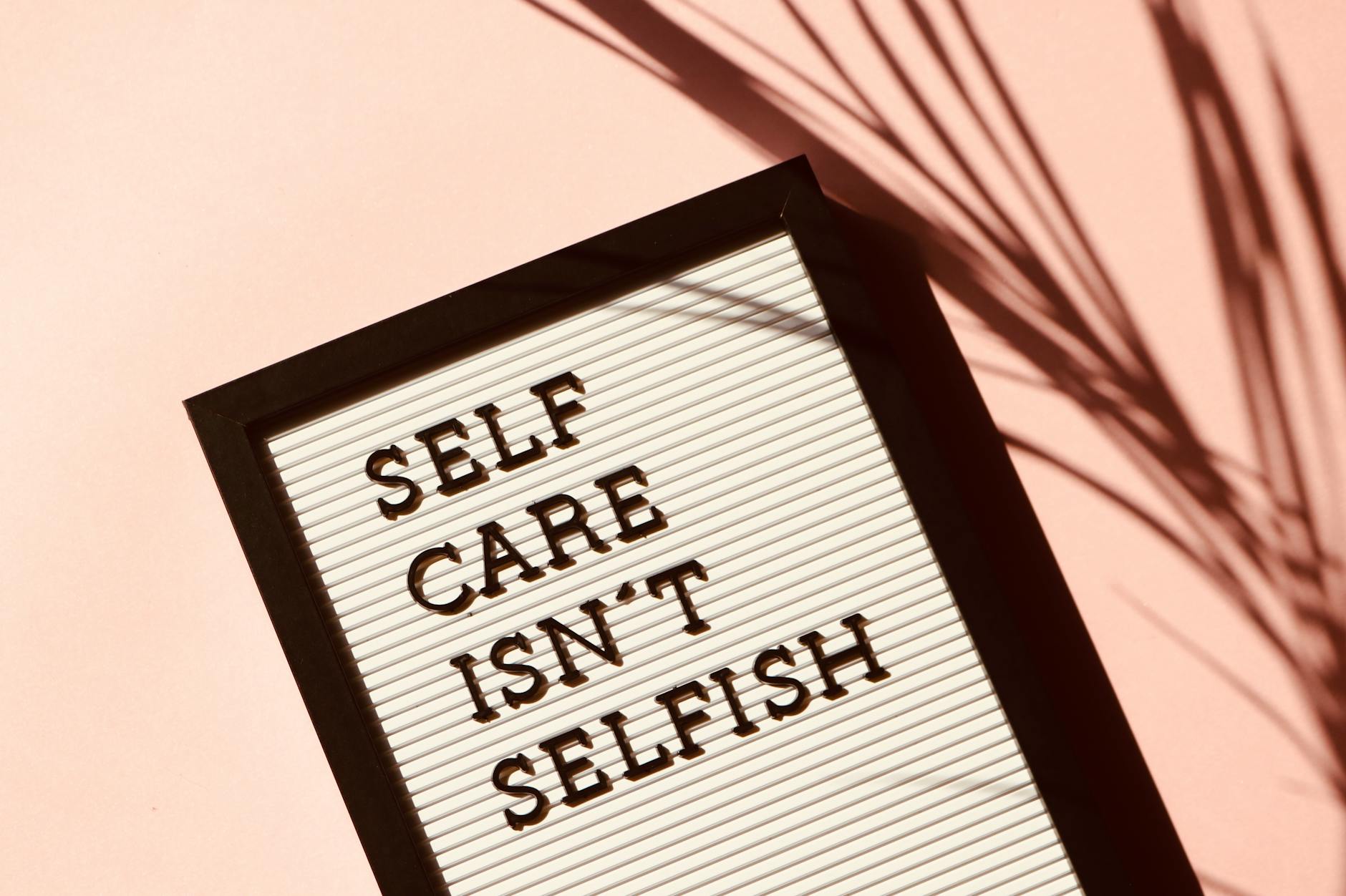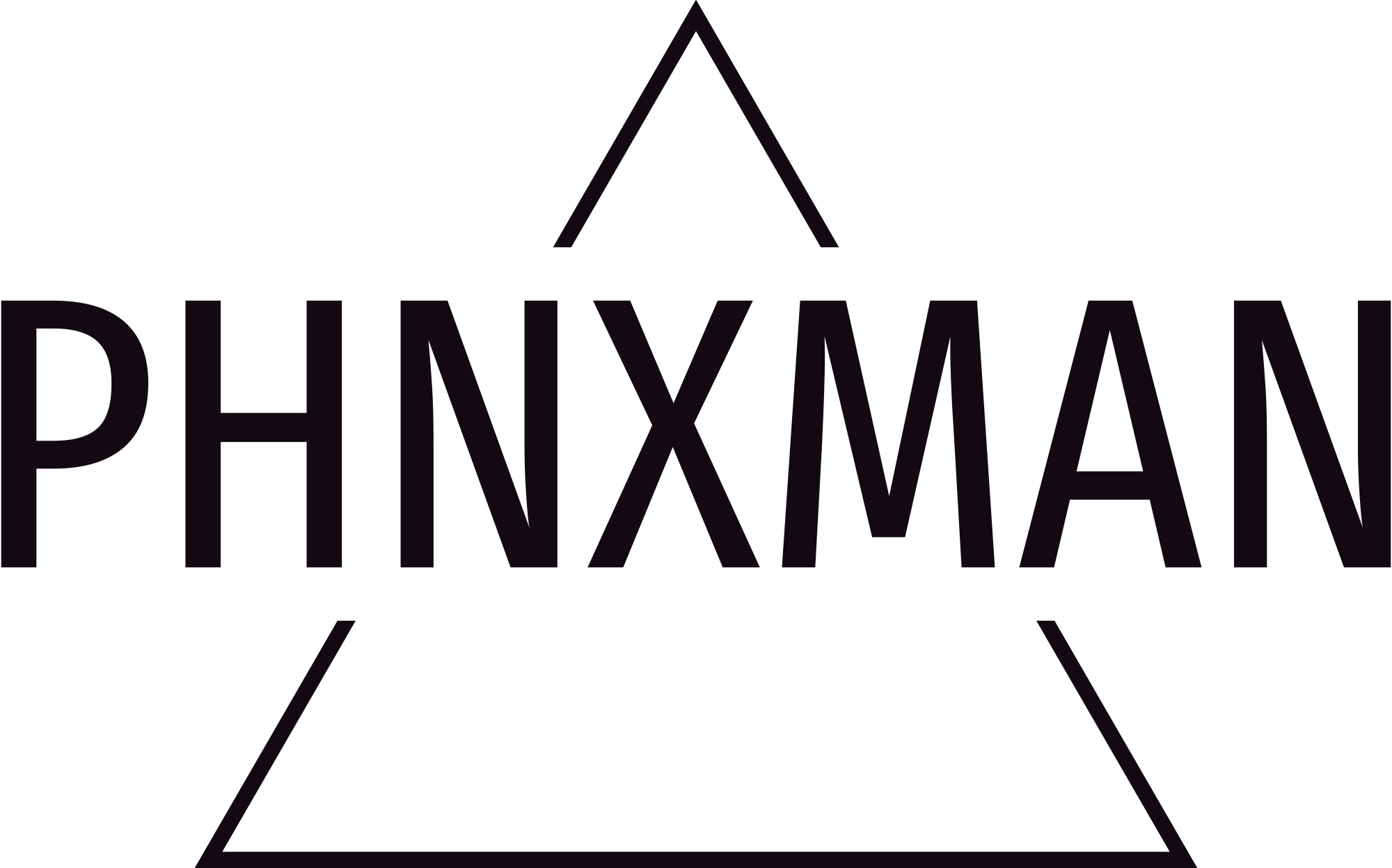Understanding why people engage in unwanted behaviors is a complex yet crucial aspect of psychology. In this blog post, we will delve into the underlying motivations behind these behaviors, unraveling the intricate psychological factors that drive individuals to engage in actions they may not consciously desire. By deconstructing the psychology of unwanted behaviors, we aim to shed light on the underlying motivational puzzle and provide insights into how these behaviors can be understood and addressed.
Understanding Unwanted Behaviors
Unwanted behaviors encompass a spectrum of actions, habits, or responses that individuals wish to eliminate or alter. These behaviors vary widely, from small idiosyncrasies to more intrusive compulsions. They can manifest as procrastination, overeating, substance abuse, or even self-sabotaging thoughts. Unwanted behaviors are often deeply ingrained and can be challenging to recognize and address, as they may have become normalized over time.
Definition and Examples
Unwanted behaviors refer to actions or patterns that deviate from an individual's desired or intended conduct. These can include excessive social media use, nail-biting, chronic lateness, or impulsive spending. They are characterized by the individual's conscious disapproval, yet their subconscious persistence. While some unwanted behaviors may seem trivial, their cumulative impact can be significant, affecting various aspects of an individual's life.
Impact on Mental and Emotional Well-being
The presence of unwanted behaviors can exert a profound toll on an individual's mental and emotional well-being. They can lead to heightened stress, diminished self-esteem, and feelings of powerlessness. Persistent unwanted behaviors can also contribute to the development of anxiety, depression, and other mental health challenges. Moreover, the internal conflict created by these behaviors can lead to a sense of self-betrayal, hindering personal growth and fulfillment.

Photo by SHVETS production
Psychological Factors Influencing Unwanted Behaviors
Understanding the psychological factors that influence unwanted behaviors is crucial to unraveling the motivational puzzle. These factors encompass behavioral conditioning, cognitive biases and distortions, as well as emotional regulation and coping mechanisms. Let's delve into each of these components to gain a comprehensive understanding of their impact.
Behavioral Conditioning
Behavioral conditioning, a fundamental concept in psychology, illustrates how behaviors are acquired and reinforced through associations with stimuli. This concept, pioneered by Ivan Pavlov and further developed by B.F. Skinner, emphasizes the impact of environmental cues on behavior. Consider the analogy of training a pet - actions are encouraged or discouraged based on consequences. Similarly, individuals may exhibit unwanted behaviors due to past reinforcement or environmental triggers. Understanding these conditioning processes is pivotal in addressing and modifying unwanted behaviors.
Cognitive Biases and Distortions
Cognitive biases and distortions elucidate the inherent flaws in human decision-making and information processing. From the confirmation bias to the halo effect, individuals are susceptible to a myriad of cognitive distortions that can perpetuate unwanted behaviors. These biases impact how individuals perceive and interpret information, leading to skewed judgments and decision-making. Unraveling these biases is akin to untangling a knotted rope - it requires meticulous effort to identify and challenge these ingrained patterns of thinking that contribute to unwanted behaviors.
Emotional Regulation and Coping Mechanisms
Emotional regulation and coping mechanisms play a pivotal role in influencing unwanted behaviors. The ability to effectively manage and modulate emotions is intricately linked to behavioral responses. Individuals may resort to maladaptive coping strategies, such as substance abuse or emotional eating, as a means of regulating their emotions. Employing healthier coping mechanisms, akin to navigating through a maze, involves consciously adopting strategies like mindfulness, relaxation techniques, or seeking social support to effectively regulate emotions and mitigate unwanted behaviors.

Photo by cottonbro studio
Motivational Aspects of Unwanted Behaviors
Understanding the motivational aspects of unwanted behaviors is essential for unraveling the psychological puzzle that underlies these actions. Intrinsic and extrinsic motivation, self-determination theory, and the impacts of reward and punishment play pivotal roles in shaping human behavior and are key components in comprehending the complexities of unwanted behaviors.
Intrinsic and Extrinsic Motivation
Intrinsic motivation refers to engaging in an activity for the sheer enjoyment and fulfillment it brings, without any external rewards. This form of motivation is driven by internal factors, such as personal satisfaction and the inherent pleasure derived from the task itself. On the other hand, extrinsic motivation involves performing an action to attain external rewards or avoid punishment. Individuals may be extrinsically motivated by factors such as praise, recognition, tangible rewards, or fear of consequences. Unwanted behaviors can stem from both intrinsic and extrinsic motivational factors, and discerning between the two is crucial in formulating effective intervention strategies.
Self-Determination Theory
Self-Determination Theory (SDT) sheds light on the intrinsic and extrinsic motivational forces that influence human behavior. SDT emphasizes the significance of psychological needs, namely autonomy, competence, and relatedness, in driving intrinsic motivation. When these needs are met, individuals are more likely to exhibit self-motivated and positive behaviors. Conversely, when these needs are unfulfilled, individuals may resort to unwanted behaviors as a means of compensating for the lack of psychological fulfillment. Understanding the interplay between these psychological needs and motivational dynamics is imperative in addressing unwanted behaviors from a holistic perspective.
Impacts of Reward and Punishment
The influence of reward and punishment on behavior is a central aspect of motivational psychology. Rewards, such as praise, incentives, or advancements, can reinforce desired behaviors and motivate individuals to seek positive outcomes. Conversely, punishment, in the form of criticism, penalties, or negative consequences, can deter unwanted behaviors by creating aversive associations. However, the efficacy of rewards and punishment in modifying behaviors is contingent upon various factors, including the individual's perception of the reward or punishment, the timing of reinforcement, and the degree of intrinsic motivation present. Furthermore, over-reliance on extrinsic rewards or punitive measures may yield short-term compliance but could undermine long-term behavioral change.

Photo by Nataliya Vaitkevich
Unraveling the Motivational Puzzle
Understanding the psychological framework behind unwanted behaviors involves unraveling the motivational puzzle, which encompasses identifying triggers and cues, understanding the role of habit formation, and addressing underlying needs and motivations.
Identifying Triggers and Cues
Triggers and cues are subtle, yet powerful influencers of behavior. These could be environmental, emotional, or situational factors that prompt unwanted behaviors. By recognizing these triggers, individuals can gain insight into the root causes of their actions, allowing them to proactively manage their responses. It's akin to identifying the storm clouds before a downpour, enabling better preparation and navigation through challenging situations.

Photo by Madison Inouye
Understanding the Role of Habit Formation
Habit formation plays a pivotal role in perpetuating unwanted behaviors. As habits become ingrained, they shape automatic responses to stimuli, creating a cycle that can be challenging to break. Exploring the mechanics of habit formation sheds light on why certain behaviors persist, equipping individuals with the knowledge to disrupt and replace these patterns. It's akin to deciphering the intricacies of cloud formations to predict upcoming weather patterns, empowering individuals to proactively alter their behavioral forecast.

Photo by Andrew Beatson
Addressing Underlying Needs and Motivations
Unwanted behaviors often stem from unmet needs and motivations, which manifest in various ways. By delving into these underlying factors, individuals can uncover the driving forces behind their actions, gaining clarity on what they seek to fulfill. This understanding forms the foundation for cultivating healthier, more constructive outlets for these needs, steering behaviors towards positive outcomes. It's akin to peeling back layers of an onion to reveal its core, unraveling the essence of one's motivations and fostering transformative growth.

Photo by Timothy Paule II
Coping Strategies and Interventions
Before we unravel the motivational puzzle of unwanted behaviors, it's crucial to explore effective coping strategies and interventions that can support individuals in navigating these challenges. Let's delve into the power of Cognitive Behavioral Therapy, Mindfulness and Acceptance-Based Interventions, and the process of Developing Healthy Coping Mechanisms.
Cognitive Behavioral Therapy
Cognitive Behavioral Therapy (CBT) is a widely recognized intervention for addressing unwanted behaviors by examining the connections between thoughts, feelings, and actions. This structured approach empowers individuals to identify and challenge negative thought patterns, ultimately reshaping their behavioral responses. By fostering a deeper understanding of the relationship between thoughts and behaviors, CBT equips individuals with the tools to reshape their responses to triggering stimuli.
Mindfulness and Acceptance-Based Interventions
Mindfulness and Acceptance-Based Interventions offer a holistic approach to addressing unwanted behaviors by cultivating present-moment awareness and acceptance. Through mindfulness practices, individuals can develop a heightened sense of self-awareness, enabling them to observe their thoughts and emotions without judgment. This non-judgmental stance fosters a sense of acceptance, encouraging individuals to embrace their experiences without being consumed by them. By integrating mindfulness and acceptance-based techniques, individuals can cultivate resilience and emotional regulation when confronted with challenging behaviors.
Developing Healthy Coping Mechanisms
Incorporating healthy coping mechanisms into daily routines is essential for managing unwanted behaviors. Encouraging individuals to engage in activities that promote self-care, such as exercise, creative outlets, or social connections, can provide constructive avenues for expressing emotions and managing stress. By developing healthy coping mechanisms, individuals can proactively address the underlying triggers of unwanted behaviors, fostering a sense of empowerment and resilience in the face of adversity.

Photo by fauxels
Conclusion
Understanding the psychology behind unwanted behaviors is a crucial step in addressing and overcoming them. By unraveling the motivational puzzle, individuals can gain insight into the underlying drivers of their actions. With this knowledge, it becomes possible to develop strategies that effectively counter these behaviors and promote positive change. By acknowledging the complex interplay of motivations, emotions, and external factors, individuals can take proactive steps towards personal growth and transformation. Embracing this understanding empowers individuals to navigate their behaviors with a heightened sense of self-awareness and control.








